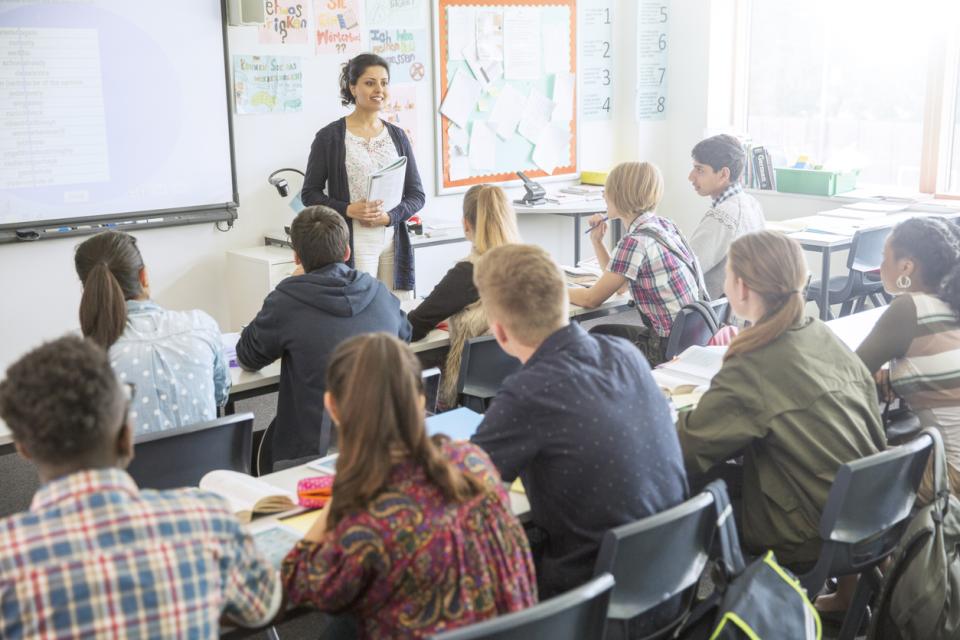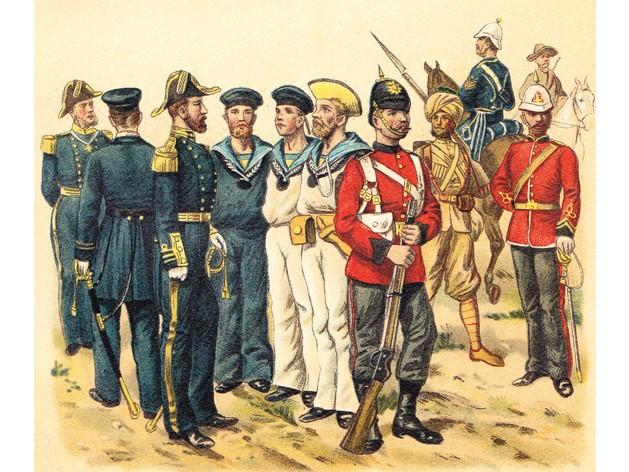We often think of science as being unbiased: scientists collect objective facts and figures to build knowledge. But subjectivity can and does creep in, and there are plenty of examples of bias and inequality. These can be based on who funds and carries out research, what is studied and who benefits. This bias feeds into university curricula, which in turn propagates inequities to the next generation of scientists.
Our efforts to decolonise and diversify the curriculum aim to address the legacy of European colonialism in our teaching and learning. We have used different approaches to begin to decolonise and diversify biomedical sciences curricula, summarised in our accompanying animated video. Here are our key suggestions to help others take their first steps down this path.
Gauge student and staff opinions
At first, it can be hard to imagine how to decolonise science. Some may not consider this to be a problem or even relevant in their discipline. But both staff and students think that decolonising and diversifying the curriculum is important, according to our recent surveys, and gauging student and staff opinions is key. We used online surveys and followed up with focus groups to do this. Survey tools and data are available open access at the Open Science Framework (OSF). We publicised these surveys via regular emails to our student cohorts, posters displayed locally, call-outs during lectures and our student representatives and student-led science societies. We found that students from minority ethnic groups felt less represented by the science and scientists that they were studying, compared with their white peers.
Involve students in curriculum review
Employ students to review teaching materials to understand their perception of the curriculum. We paid students to work with us during the summer, reviewing one module each and making suggestions on how to decolonise and diversify the content. They received bespoke training from Creative Tuition Collective, which provided some background to the topic before they began their reviews. We circulated reports on each module to the teaching staff and collated common emerging themes. Our students’ insightful feedback stimulated discussion among staff and students and helped us to make positive changes to the curriculum. Importantly, students noticed and appreciated our efforts.
Actions based on student perceptions include:
- Addressing the bias towards the Global North and white men in references and reading lists
- Diversifying images, whether photographs or cartoons, and avoid stereotypical ones
- Using inclusive language and avoid reinforcing negative stereotypes and hero-worshipping (frequently white male) scientists
- Acknowledging bias, for example in datasets. Help students to think critically, as scientists.
Go beyond the science. Embrace opportunities to highlight problematic practices or viewpoints. Engage students in these issues, perhaps through workshops or essay assignments exploring controversial practices or figures.
- Resource collection: The big picture: decolonising beyond the curriculum
- Why is self-reflection core to decolonisation and anti-racism in the academy?
- A global effort to decolonise a reading list
The 3Rs framework for decolonising and diversifying the curriculum
Focus groups we held with staff and students revealed three important themes for a diversified curriculum. These form a useful framework for decolonising and diversifying biomedical sciences and other curricula.
Rediscovery: bias in knowledge production leads to the marginalisation of some voices and a curriculum biased towards one identity. Seek out and acknowledge alternative canons of knowledge, and encourage students to think about the wider context of scientific discoveries. One example relevant to the biomedical sciences is how eugenics and scientific racism have fed, and continue to feed, into health disparities and wider societal inequalities.
Representation: science should represent and benefit all, equally. Reflect on your teaching – do you include diverse examples that allow all students to see themselves reflected in the curriculum? Where this is not possible, do you acknowledge and explore issues of bias or inequality with students? Do teaching staff provide diverse role models for students?
Readiness: students must be ready to enter the workplace as agents for change in a global society. Our staff and students recognised that decolonising is an ongoing journey reaching beyond improving the curriculum. We must encourage students to consider how engaging with decolonisation can equip them to foster an equitable future within and beyond their discipline. We do this by providing space for students to discuss complex issues, which is rare within current STEM curricula. We also highlight during our employability and skills training that awareness of inclusive thinking is a highly valued graduate attribute. Within the biomedical sciences, this has real-world impact because bias in scientific methods feeds into healthcare inequalities.
Continue to listen and keep conversations going
Decolonising and diversifying the curriculum is not a simple task that can be crossed off a to-do list. Keep listening to students and providing feedback opportunities. Keep conversations going with staff, embedding discourse around decolonisation and diversification into existing teaching structures, such as curriculum reviews, education action plans and quality assurance processes. Encourage colleagues and students to view their discipline through a decolonial lens and to be proactive in making changes, providing opportunities for feedback. Diversifying science makes science better; diversifying science curricula produces better future scientists.
Alice Robson is an associate professor in biochemistry education; Bronwen Burton is a senior lecturer in immunology; Zafar Bashir is a professor of cellular neuroscience; Ames Mosley is an EDI and SWAN officer; Caroline McKinnon is deputy head of EDI (Equity and Partnerships) at the University of Bristol; Lara Lalemi is an equality, diversity and inclusion officer at the University of Bristol.
If you would like advice and insight from academics and university staff delivered direct to your inbox each week, sign up for the Campus newsletter.




comment1
(No subject)